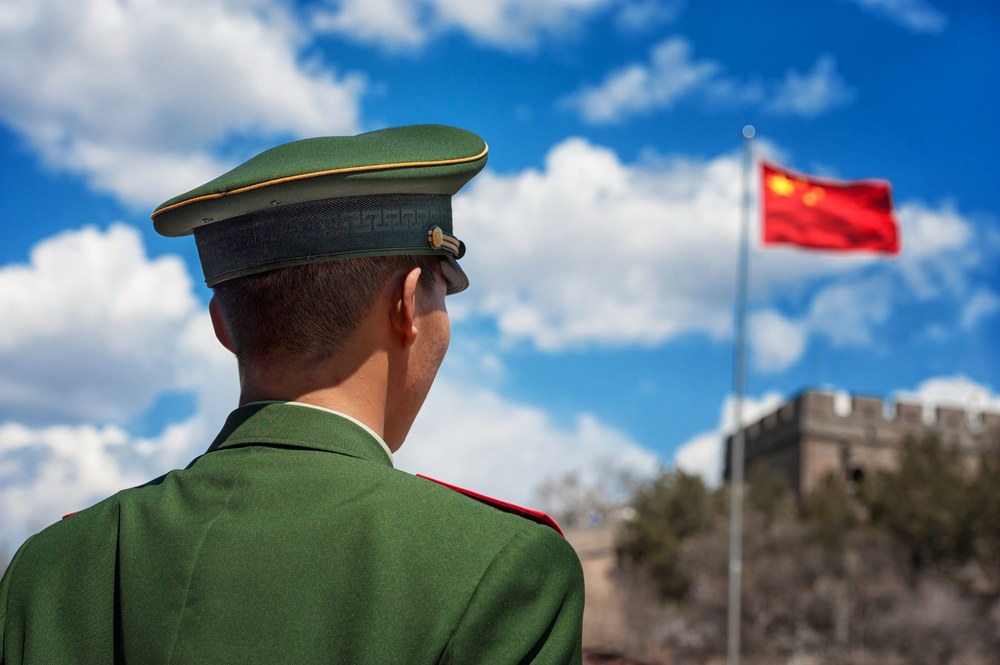Key Takeaways:
- Iran has reportedly bought thousands of tons of missile-making materials from China.
- The chemicals, like ammonium perchlorate, are key for rocket fuel and could power hundreds of missiles.
- Experts fear these materials may aid Iranian-backed groups, such as the Houthis in Yemen.
- China denies violating export rules, but the U.S. has imposed sanctions to curb such trade.
- The deal could worsen tensions and complicate Iran’s nuclear negotiations with the West.
Iran’s Missile Ambitions Get a Boost from China
Iran has reportedly purchased large quantities of missile-making ingredients from China, according to sources. These materials, including ammonium perchlorate, are essential for producing rocket fuel. The shipments, set to arrive over several months, could fuel hundreds of ballistic missiles.
This move has raised concerns globally, especially since Iran has a history of supporting militant groups like the Houthis in Yemen. These groups have used missiles to attack targets in the region, including Israel and vital shipping routes in the Red Sea.
China’s Role in the Deal
China, a major global exporter, has denied breaking any laws. A spokesperson claimed China strictly follows export control rules and international obligations. However, the deal has sparked questions about how these materials ended up in Iran.
The chemicals were reportedly ordered by an Iranian company, Pishgaman Tejarat Rafi Novin Co., from a Hong Kong-based firm, Lion Commodities Holdings Ltd. Efforts to reach representatives from both companies for comment were unsuccessful.
Earlier in 2025, two Iranian ships were loaded with sodium perchlorate in Hong Kong. This chemical is a key precursor for ammonium perchlorate, further fueling concerns about Iran’s missile program.
Iran’s Missile Arsenal Grows
As of early 2024, Iran already had around 3,000 ballistic missiles in its arsenal. These missiles can travel up to 2,000 kilometers, putting targets like Israel and U.S. allies in the Middle East within range.
The Houthis, backed by Iran, have used similar weapons to attack Israel and disrupt global shipping. In 2024, Iran and its allies even launched massive missile attacks on Israeli targets.
U.S. Responds with Sanctions
The United States has taken notice of Iran’s growing missile capabilities and its partnership with China. In April, the U.S. imposed sanctions to limit the trade of missile components between Tehran and Beijing.
Treasury Secretary Scott Bessent warned that Iran’s missile program poses a threat to global security. “Iran’s aggressive development of missiles and other weapons imperils the safety of the United States and our partners,” he said.
A Setback for Nuclear Talks?
The missile deal could also complicate negotiations over Iran’s nuclear program. Iran has vowed to continue enriching uranium, a key step in making nuclear weapons. President Donald Trump has made it clear that any new nuclear deal must stop Iran from enriching uranium.
The situation has left many wondering if Iran is using missile deals with China to strengthen its position in nuclear talks. As tensions rise, the region remains on edge, and the world waits to see how this unfolds.
The deal between Iran and China highlights the complex web of alliances and rivalries shaping the Middle East. As Iran’s missile program grows, global powers are left to grapple with the consequences.
